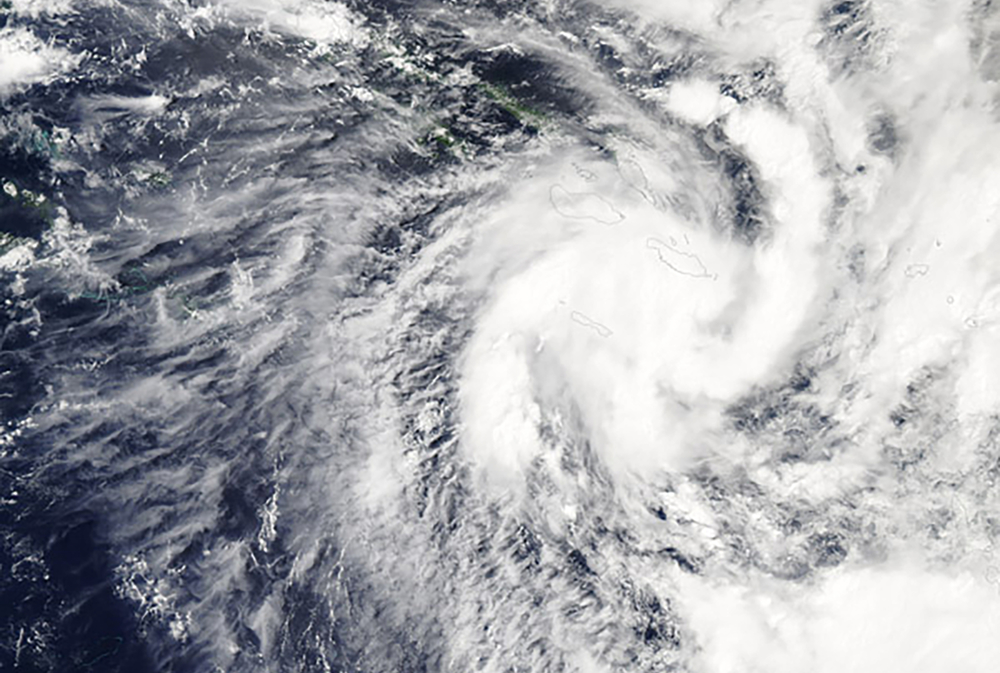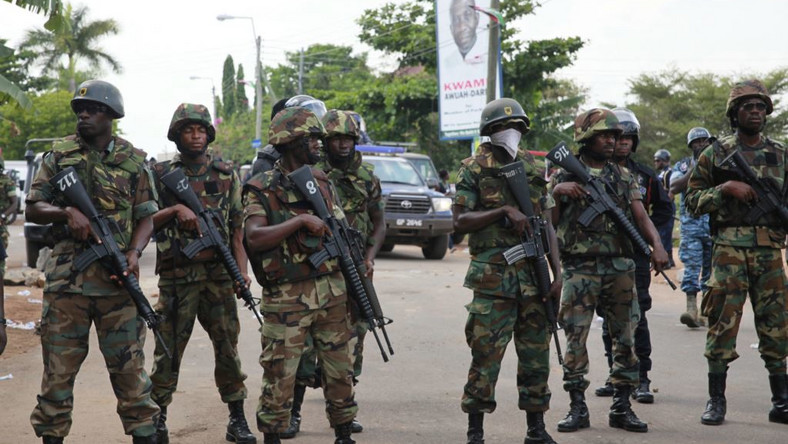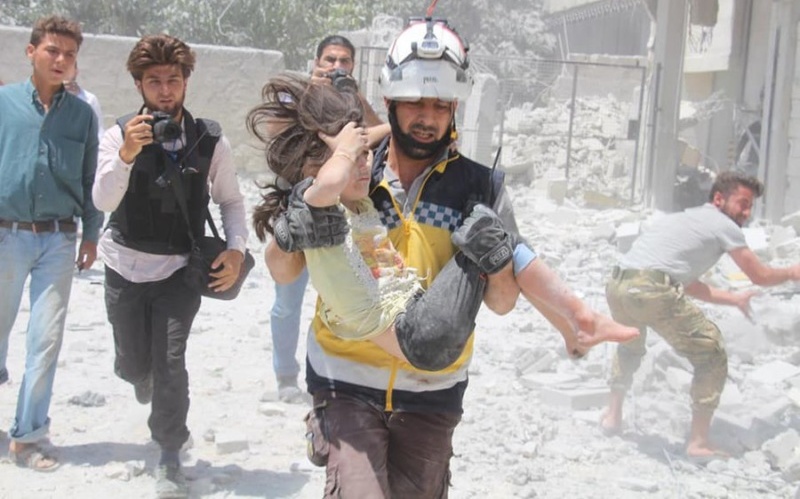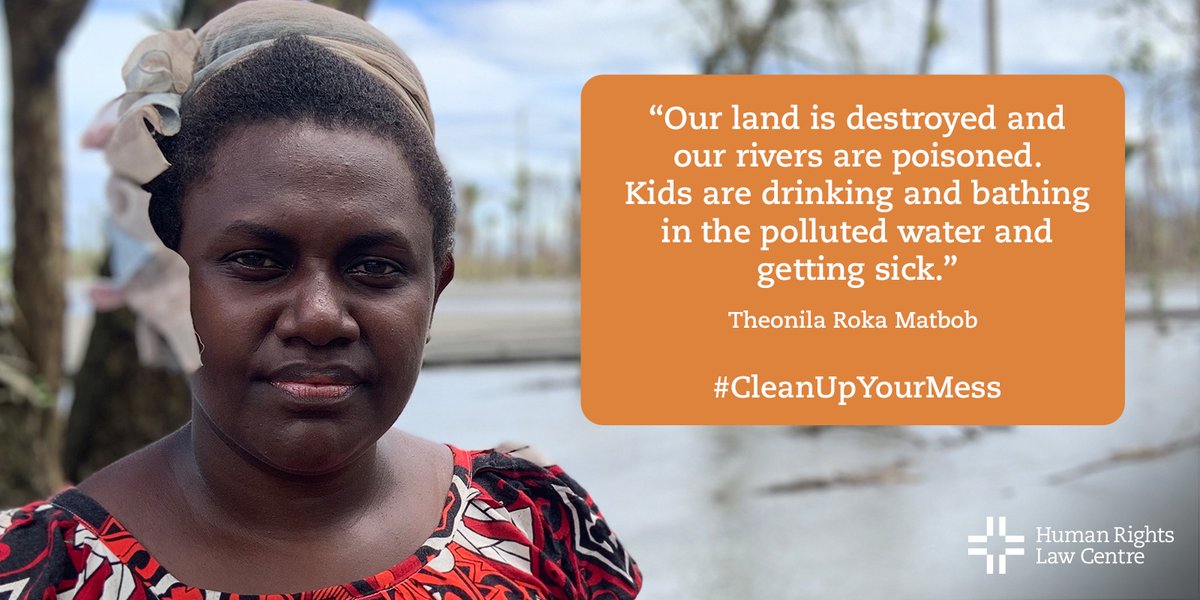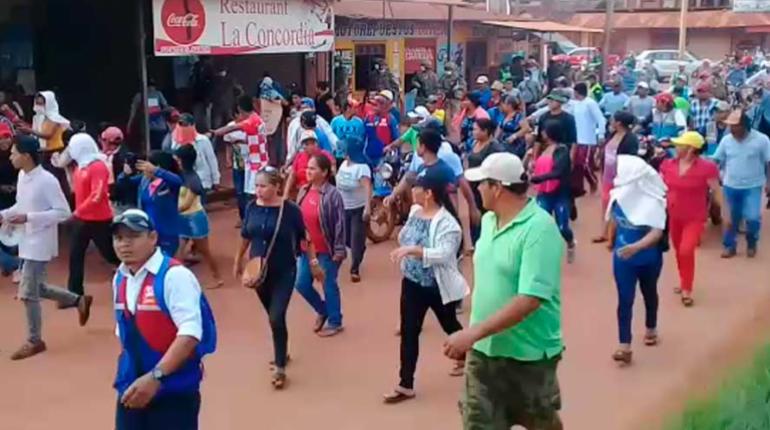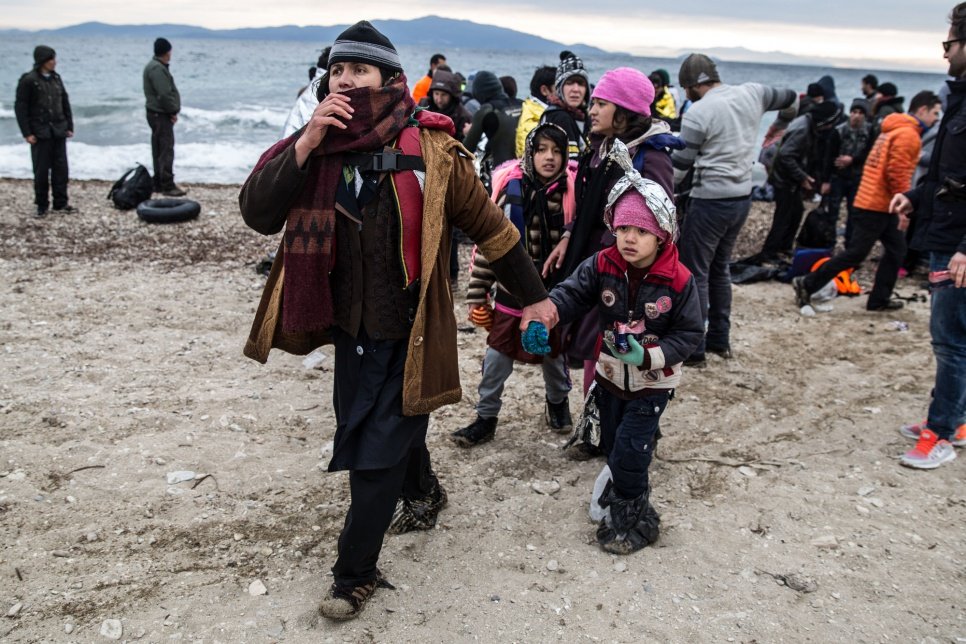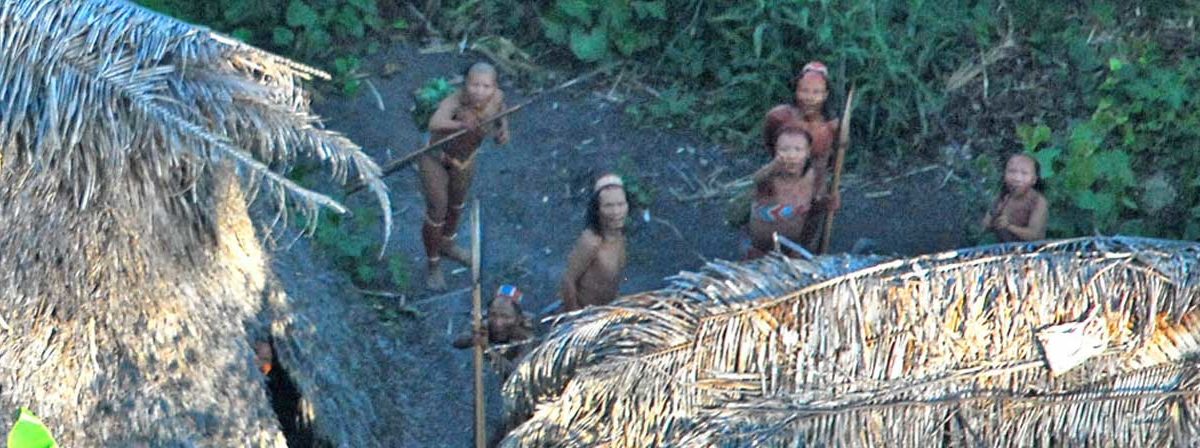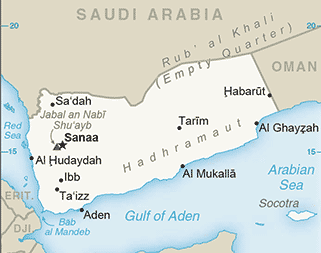
Ceasefire confusion as COVID-19 arrives in Yemen
Yemeni government officials reported the country’s first case of COVID-19, shortly after the Saudi Arabia-led coalition announced that it would be observing a two-week unilateral ceasefire, in part to help confront the pandemic. The move was welcomed by the UN, and the office of Special Envoy for Yemen Martin Griffiths said he was working with the warring parties on a “comprehensive initiative” to end the five-year war. But a Houthi rebel spokesperson said coalition air-strikes have continued after the truce’s onset, and dismissed the initiative as a “political and media manoeuvre.” The past weeks have seen an increase in violence, including Saudi air-strikes on the Houthi-controlled capital city of Sana’a, and the shelling of a prison in the province of Taiz that killed at least five women and one child. (Map: Perry-Castañeda Library)



